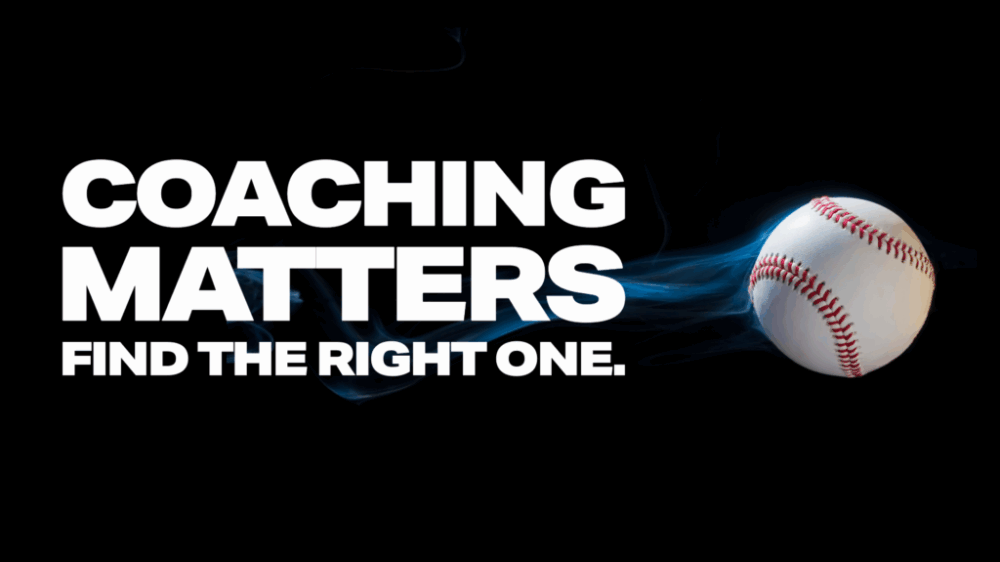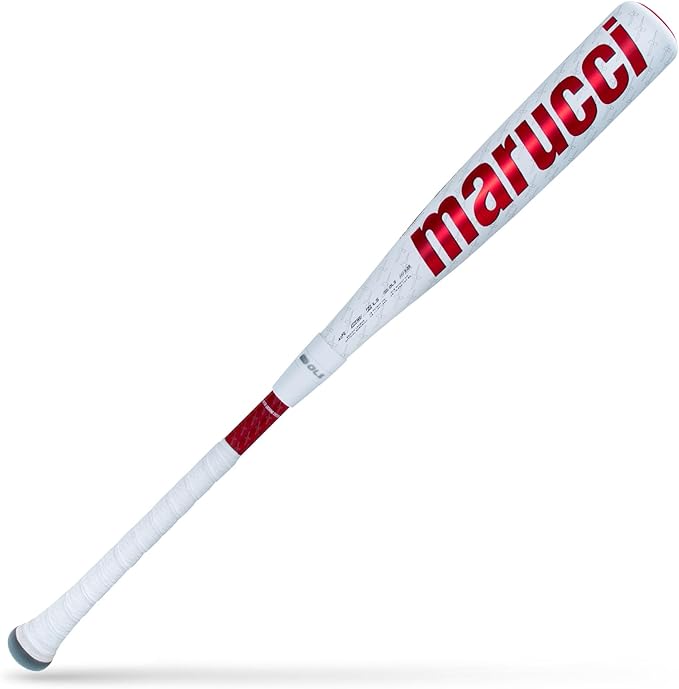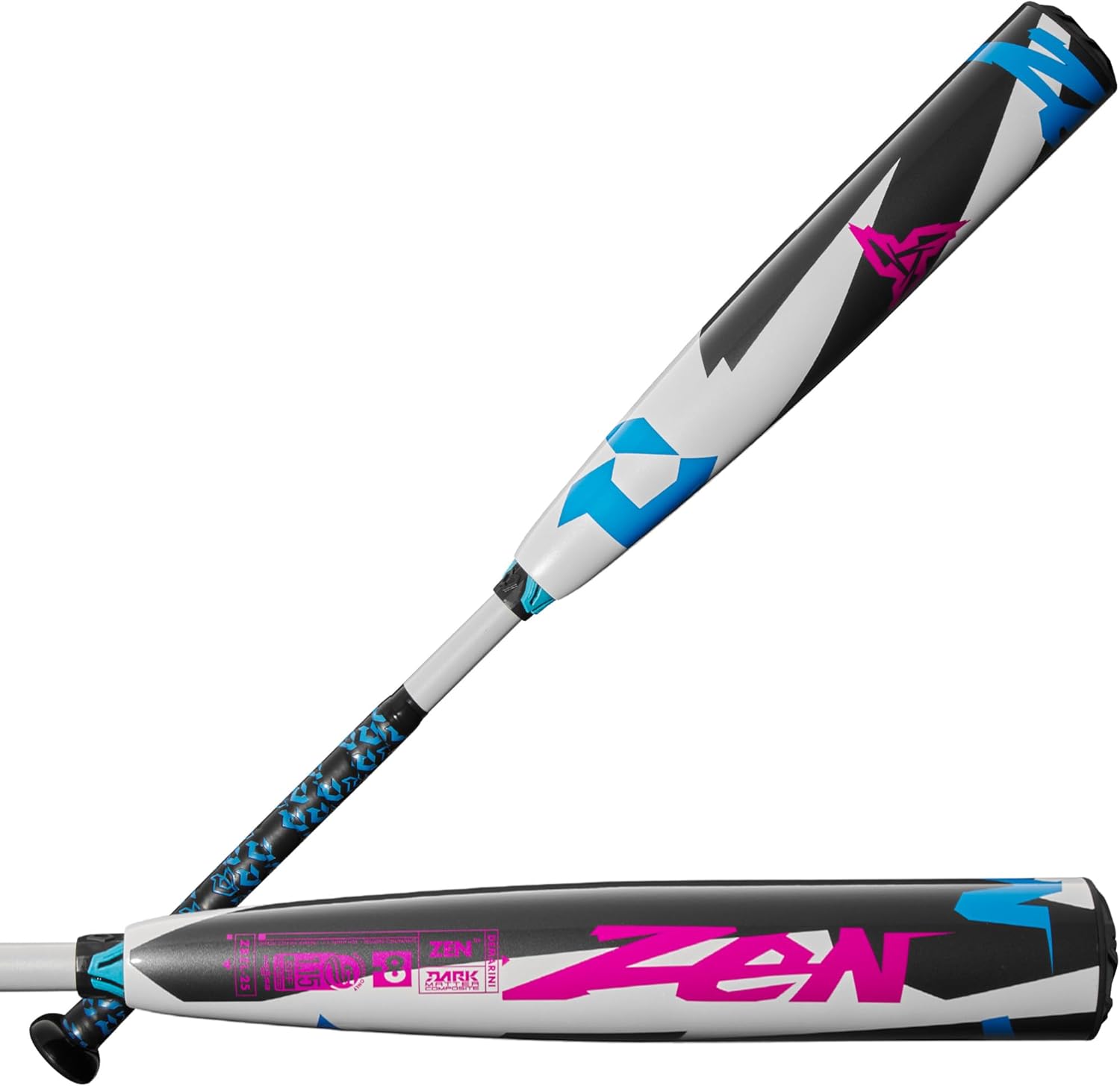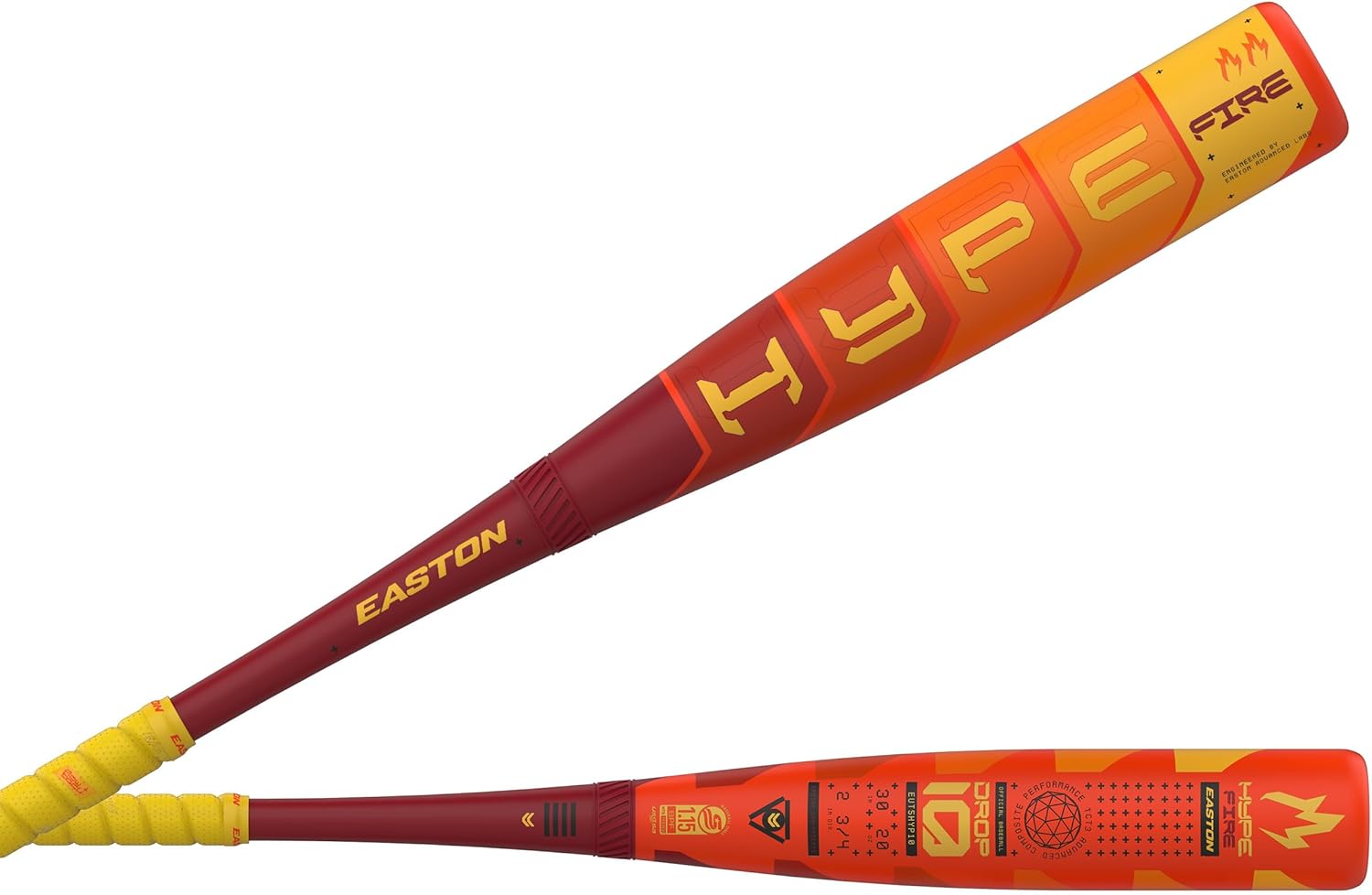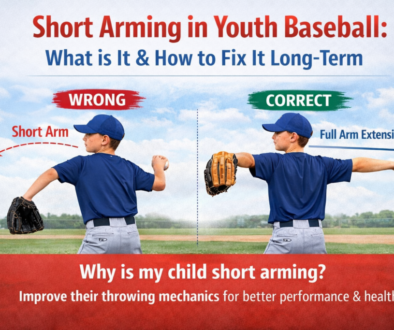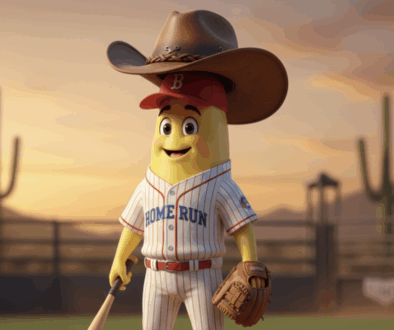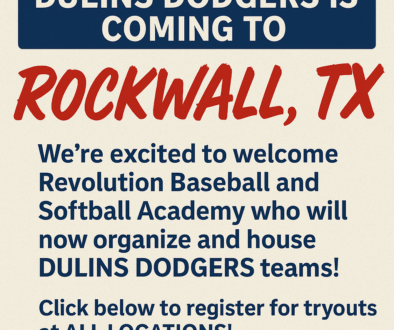Choosing the Right Private Baseball Coach: Matching Coaching Styles to Your Kid’s Personality
Private lessons can be a game-changer for young ballplayers — helping them fine-tune their swing, gain confidence, and get more reps in a one-on-one setting. But here’s the secret sauce that often gets overlooked: finding a coach who actually connects with your kid.
Just like players, coaches come in all types. Some are intense technicians. Others are cheerleaders. Some push. Some guide. The key is finding a coach whose style aligns with how your child learns and stays motivated — especially if your kid thrives on positive encouragement.
💡 Why Coaching Style Matters
Your son or daughter might light up when a coach celebrates their progress — even the small wins. A coach who shouts with excitement after a solid hit or fist-bumps after a tough drill? That kind of energy is contagious, and for many kids, it builds momentum, confidence, and a love for the game.
But not every player responds to the same approach. Here’s a breakdown of common coaching styles and what type of athlete they’re best suited for:
🗣️ 1. The Encourager: High Energy, High Praise
Best for: Kids who need confidence boosts, respond to enthusiasm, and are motivated by recognition.
These coaches celebrate progress — not just results. They’re the first to shout, “Great swing!” even if the ball didn’t clear the fence. They focus on effort, attitude, and development. If your child lights up when someone gets excited about their success, this type of coach will feel like a teammate cheering them on.
💬 “My son’s hitting coach jumps up and down when he drives a ball. That kind of positivity is exactly what keeps him coming back.”
🔍 2. The Technician: Detail-Oriented and Focused
Best for: Kids who like structure, are analytical, or want to master the mechanics of the game.
These coaches break things down piece by piece — grip, stance, weight transfer, eye level — and they won’t move on until it’s right. They’re often quieter, but what they lack in volume, they make up for in knowledge. Great for players who want to know why something works.
💬 “She’s not loud, but she sees everything. My kid walks away from every lesson understanding more about his swing.”
🔥 3. The Motivator: Tough Love, High Standards
Best for: Competitive kids who want to be pushed and don’t mind a little intensity.
This coach sets a high bar and holds players to it. They’re not mean, but they’re firm. They challenge players to dig deep and embrace the grind. This works well for kids who want to be pushed to their limits and who are motivated by improvement — even if the praise comes sparingly.
💬 “He doesn’t sugarcoat anything, but my son wants to impress him every single session.”
🧘 4. The Guide: Calm, Patient, and Player-Led
Best for: Younger or more sensitive players, or kids who are just getting into the game.
These coaches take a gentle approach. They let the player lead the pace, ask questions, and build trust before pushing too hard. They’re great at building foundational skills and confidence without overwhelming the athlete.
💬 “She’s calm and encouraging, and that’s what my son needed when he started private lessons.”
✅ How to Choose the Right Fit
-
Watch a session before you commit. Most coaches will let you sit in or watch a lesson — and you’ll get a feel for their energy and approach.
-
Ask your child how they felt afterward. Did they feel confident? Heard? Excited to come back?
-
Don’t be afraid to try a few coaches. Like any relationship, it might take time to find “the one.”
-
Look for contagious passion. If the coach is excited to be there, your kid probably will be too.
👊 Final Thought: Coaching Should Build Love for the Game
Private lessons aren’t just about improving skills — they’re about building confidence, grit, and a lifelong love for baseball. The right coach doesn’t just teach mechanics. They bring out the best in your kid.
So whether your player needs a loud cheerleader, a quiet technician, or something in between, know this: there’s a coach out there who will help them grow, not just as a player, but as a person.
Coach Evaluation Checklist
🧠 Coaching Style
-
Uses positive reinforcement
-
Offers constructive feedback (not just criticism)
-
Adjusts approach based on my child’s personality
-
Explains the why behind drills and corrections
-
Encourages effort, not just results
🎯 Skill & Communication
-
Breaks down mechanics clearly
-
Demonstrates drills with accuracy
-
Gives actionable tips my child can understand
-
Engages with my child (eye contact, name use, listening)
-
Responds well to questions or confusion
⚡ Energy & Vibe
-
Seems genuinely excited to coach
-
Celebrates small wins
-
Keeps the session focused but fun
-
My child looks forward to the next lesson
-
The coach sets a positive tone and leads by example
🧑🤝🧑 Parent Perspective
-
Respects our goals and input as a parent
-
Communicates after lessons (what went well, what to work on)
-
Open to feedback or adjustments
-
Punctual and professional
TL;DR
Choosing the right private baseball coach is all about finding someone who matches your child’s personality. Some kids need high-energy encouragers, while others respond better to technical instruction or a calm, patient guide. Don’t settle — the right coach will help your kid fall in love with the game and grow both on and off the field.
